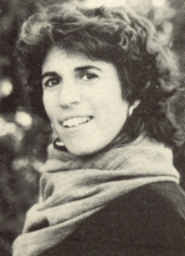I have taught over 100 courses since 2001, and I assigned Writing down the Bones in almost all of them. I never tire of hearing the students read aloud her chapters, which contain lines like the following…
We were willing to commit ourselves to a whole day of writing each week because writing, sharing, and friendship are important.
Many of us don’t know, don’t recognize, avoid our deep dreams.
To begin with, write like you talk, nothing fancy.
… the way your mind first flashes on something before second and third thoughts take over…
“Natalie, this book is done. You will write another one.”
Often, as I write my best pieces, my heart is breaking.
Yet it is good to know about our terrible selves, not laud or criticize them, just acknowledge them.
In the center of chaos, make one definitive act.
Make a list of everything ordinary you can think of.
Go for the jugular.
You want a place that lends a human atmosphere, not everything efficient, stiff, and bright orange.
Make a list of all the stories you have told over and over.
Katagiri Roshi says, “Our goal is to have kind consideration for all sentient beings every moment forever.”
Art is the act of nonaggression.
I feel very rich when I have time to write and very poor when I get a regular paycheck and no time to work at my real work.
Basically, if you want to become a good writer, you need to do three things[:] Read a lot, listen well and deeply, and write a lot.
Our task is to say a holy yes to the real things of our life as they exist—the real truth of who we are…
Go further.
In the ability to connect with one people lies the chance to feel compassion for all people.
Reach out of the deep chasm of loneliness and express yourself to another human being.
When you select a café to write in, you must establish a relationship.
I’ve had students who said they decided they were going to write the great American novel and haven’t written a line since.
A friend living upstairs from me once said, “Natalie, you have a relationship with everything, not just with people.”
Do not be tossed away by your achievements or your fiascoes.
In Japan there are stories of great Zen poets writing a superb haiku and then putting it in a bottle in a river or nearby stream and letting it go.
This is a new moment.

1 Comment